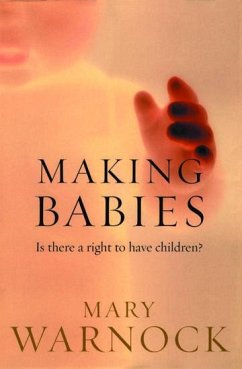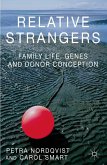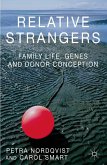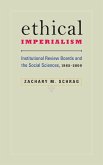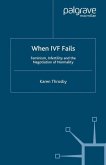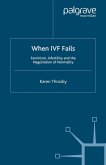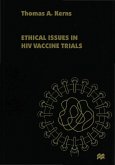She also examines the ethical problems faced by particular types of assisted reproduction, including artificial insemination, in-vitro fertilization, and surrogacy, and argues that in the future human cloning may well be a viable and acceptable form of treatment for some types of infertility.
UNEDITED UK REVIEW: "Review from previous edition: In this book Mary Warnock discusses legal, natural, and ethical rights with particular references to human reproductive rights, and the right of access to the new reproductive technologies . . . Essential reading for all. '"--Professor Sir Malcolm MacNaughton
UNEDITED UK REVIEW: "Review from previous edition: In this book Mary Warnock discusses legal, natural, and ethical rights with particular references to human reproductive rights, and the right of access to the new reproductive technologies . . . Essential reading for all. '"--Professor Sir Malcolm MacNaughton
